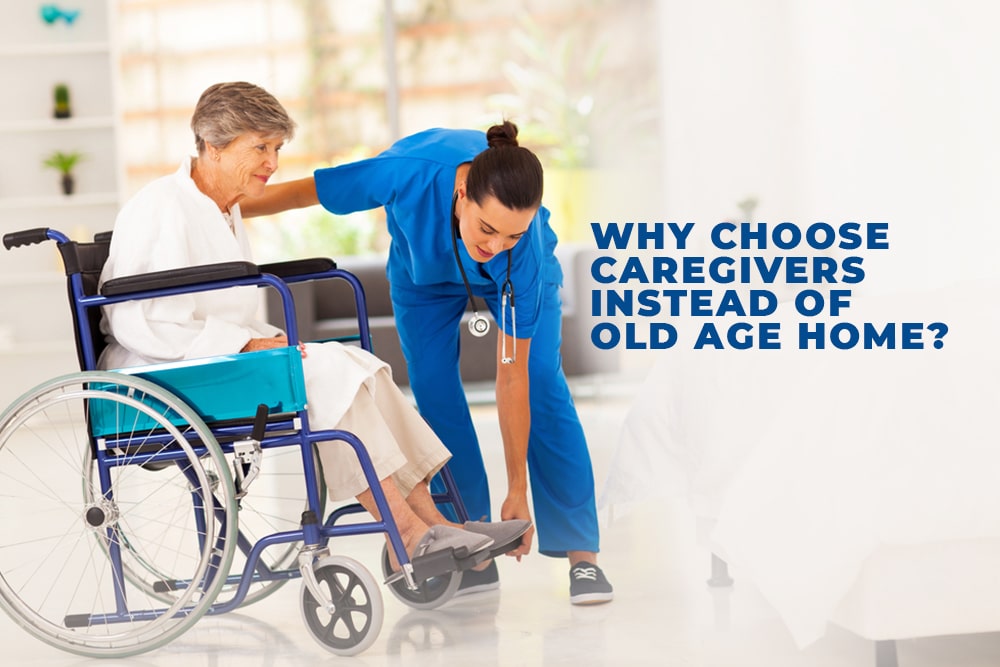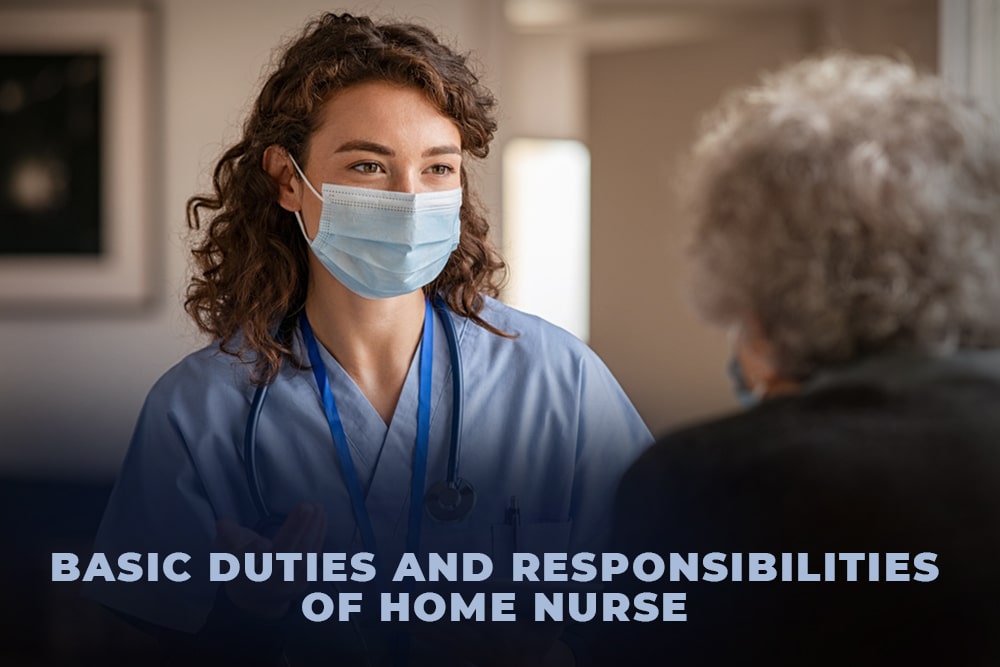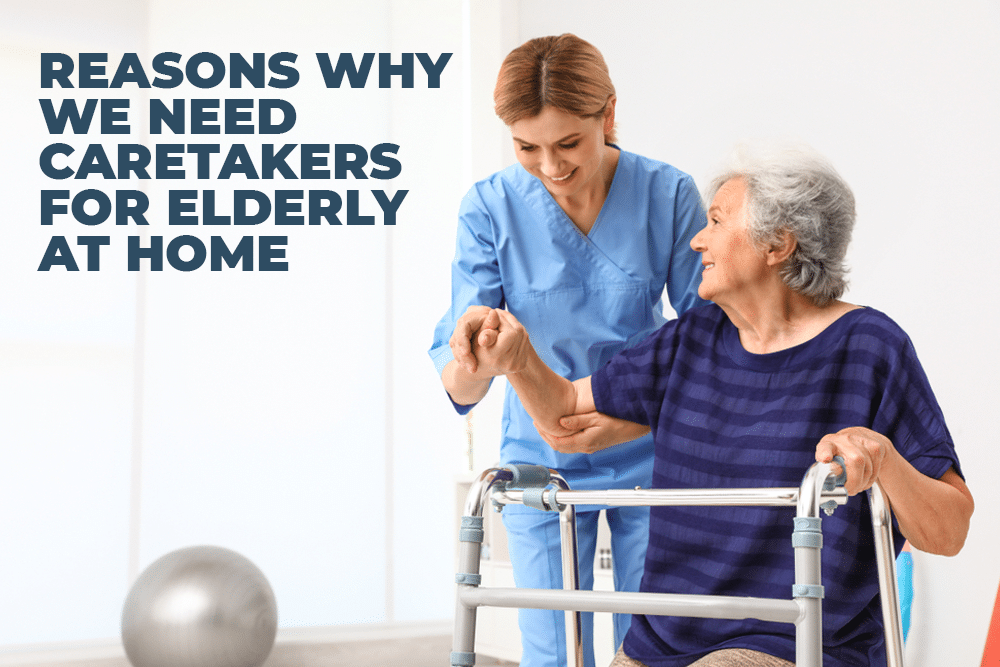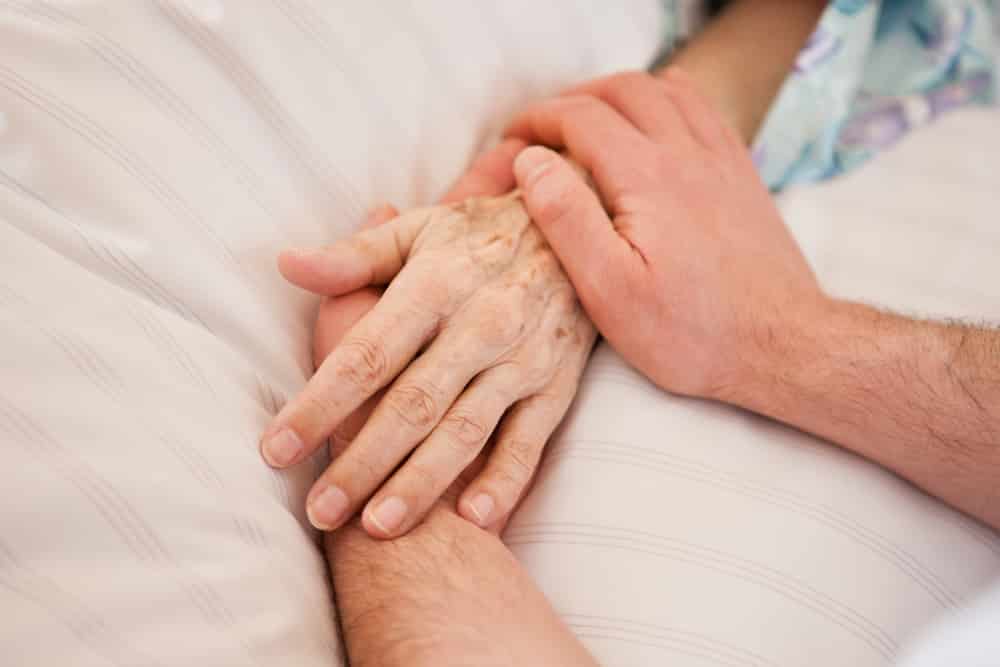Who does not like a service that provides care in this ageing world? Many health services focus only on care and timely services. Out of which home health care services are highly rated. Because many of the patients prefer to recover in their homes instead of a hospital bed. The atmosphere in one’s home is more preferred and is proven good for a patient’s speedy recovery. Patient care services give your loved ones a feel-good factor that stimulates a healthy mind resulting in aid in their recovery.
Hiring the future to your doorstep i.e., a professional from Elderly Care Services will help your loved ones enjoy a much better-quality life. As they will be in a familiar environment around their family and their home where they have lived for many years. This is extremely effective if your loved one is suffering from dementia or they are bedridden. For the elderly who are suffering from dementia, it is challenging to care for them which requires knowledge, patience and understanding. Families, generally, lack the experience and skills to understand the age-related conditions and fail to care for their beloved ones properly. Also, it is quite painful to view your beloved parents deteriorate mentally. Handling your work life and personal life can be tedious at times. Qualified nurse at home can provide a lot of support, as they understand their condition and have all skills and experience to deal with dementia patients rightly.
A sudden need of any urgency and you are relieved, your caregiver is there at that moment to ensure their needs are being met. Because they are available 24/7, making you and your loved ones at ease. Also, it is very natural for you to worry about your parents, as they grow older, you think about how they will get along from day to day. There are numerous advantages of having a trained, trusted, and responsible nurse at home. They can make the elderly recover from an ailment, injury, post-surgery hassle-free and easy. This caregiver will also help the elderly with physiotherapy sessions at home, making it the future of all health care services. An elderly who is bedridden or unable to move freely will find it difficult to use the washroom or maintain personal hygiene which is taken care of by a trained nursing caretaker. Having a trained caregiver will ensure any mishappenings like falls, and injury and ensure their safety. Home health care services are not only for the elderly. Anyone can benefit from it.
A medical survey has revealed that people who have a home nursing services facility at home live a longer and happier life. Receiving emotional, physical, medical, and specialized care in their comfort zones helps senior citizens live healthier and longer life. Because no comfort zone can replace one’s own home. Especially when your loved ones may be attached to a particular couch, favourite meal, a favourite chair, a favourite routine, or a favourite view from a specific corner of the house etc., home health care take their comfort to another level. The comfort of your loved ones is solely the responsibility of every professional home nursing services. Summarizing all the above points does prove that home health care services are indeed the future that is awaiting us!







